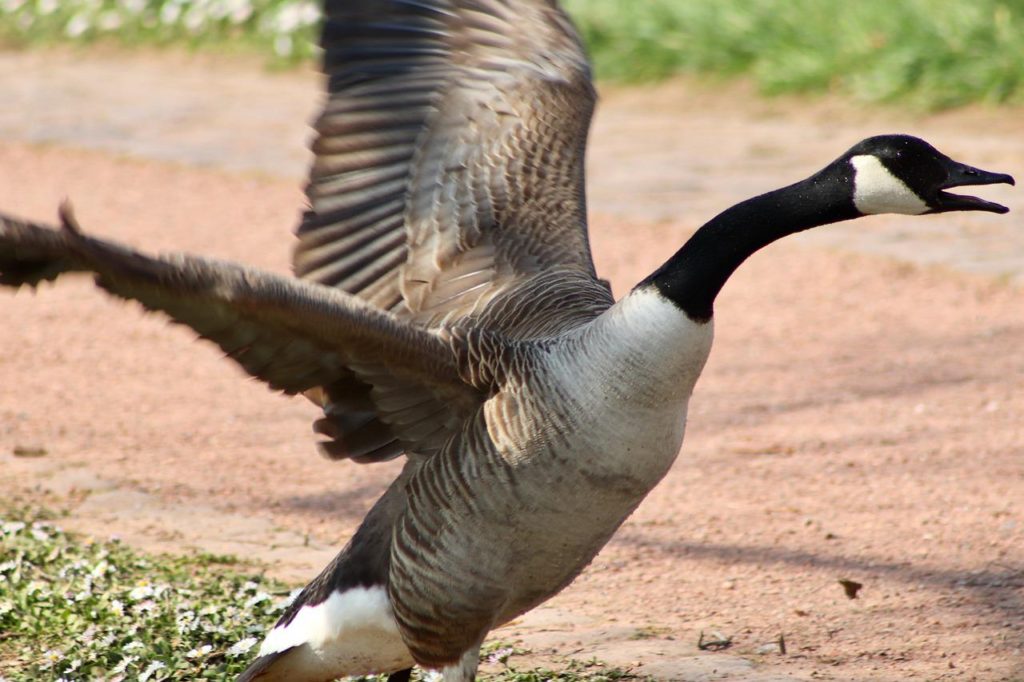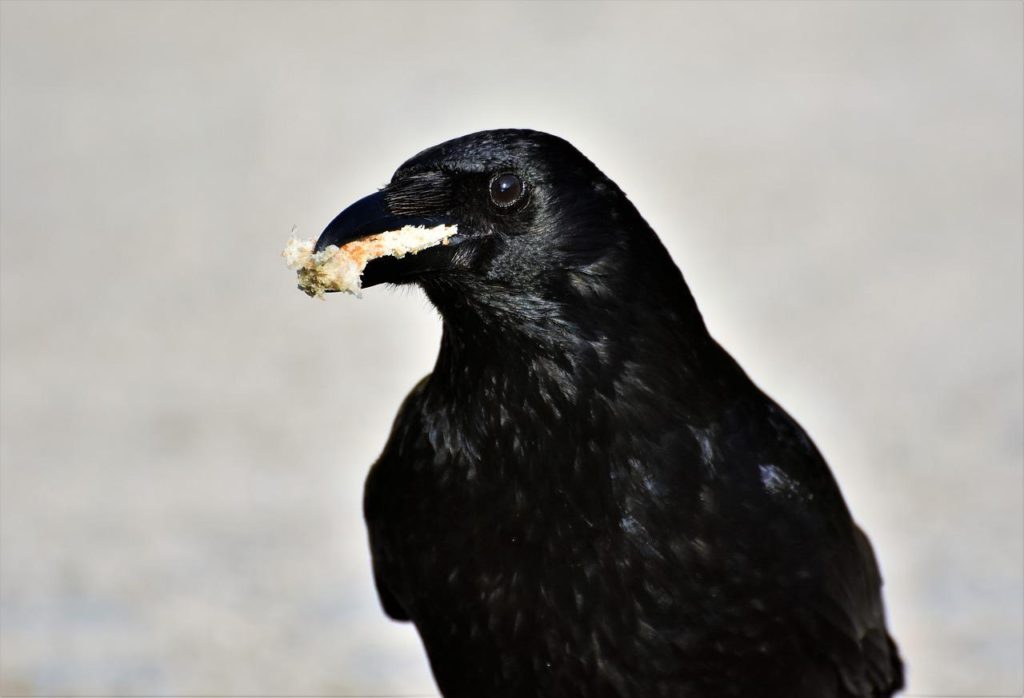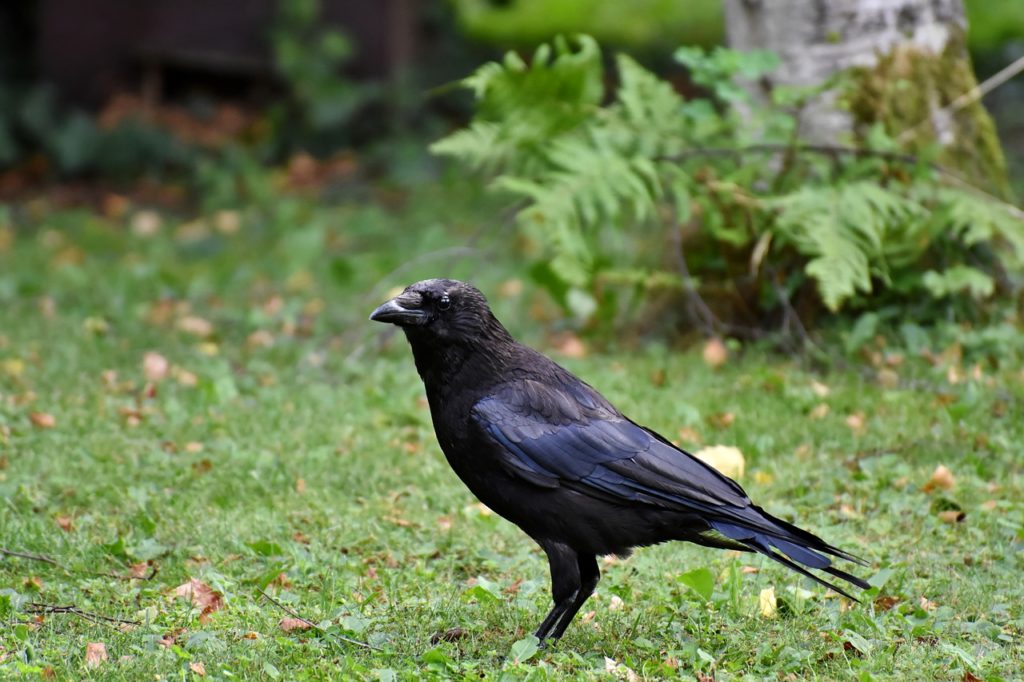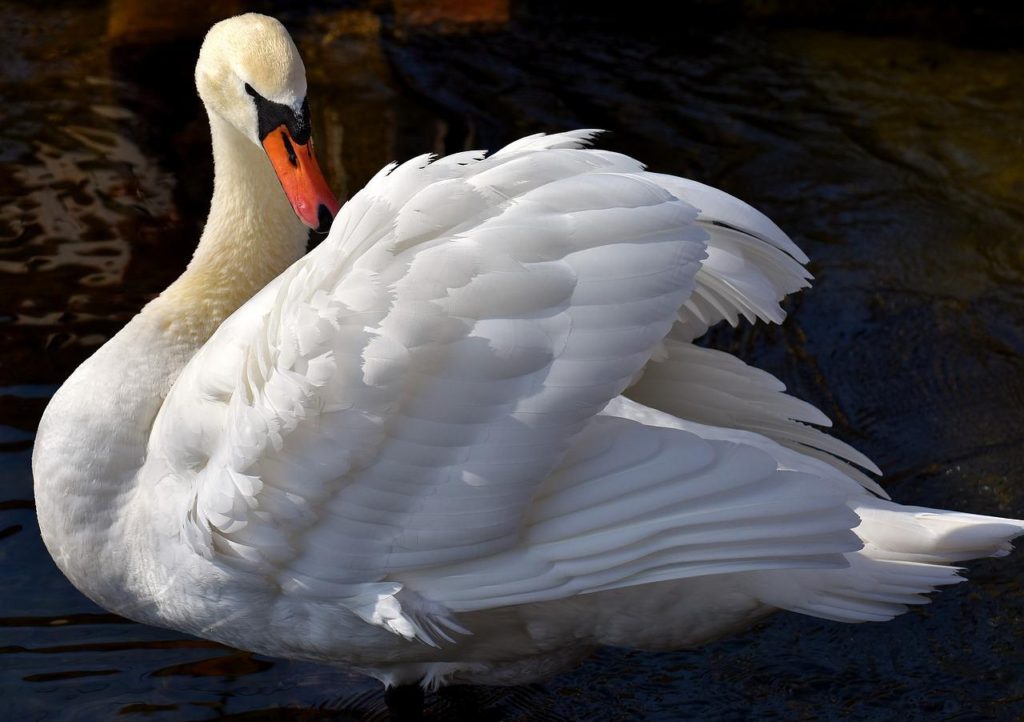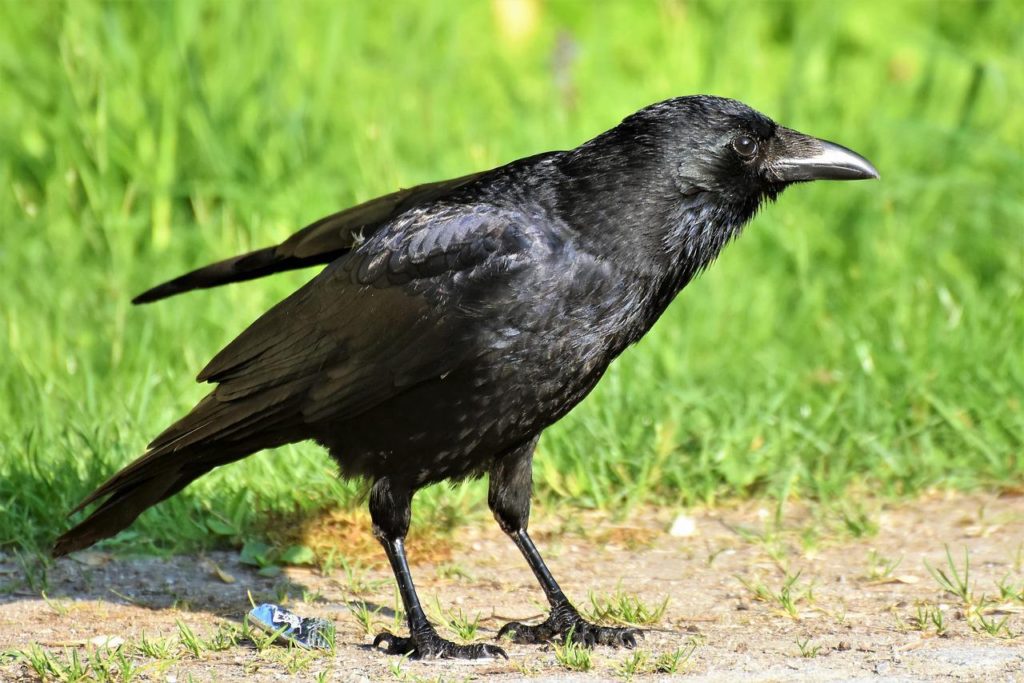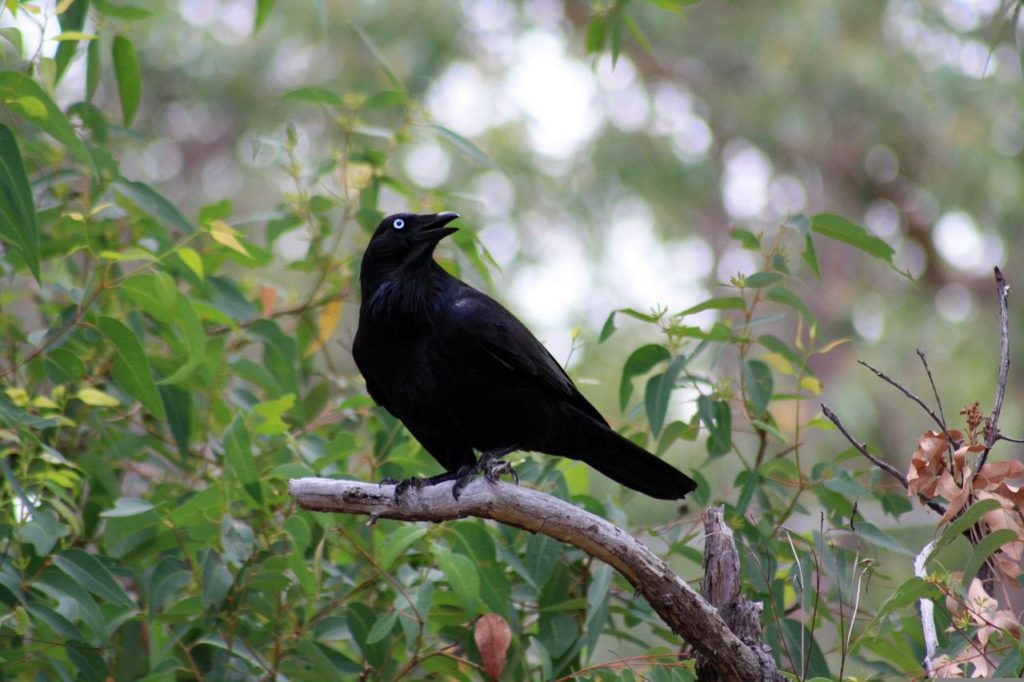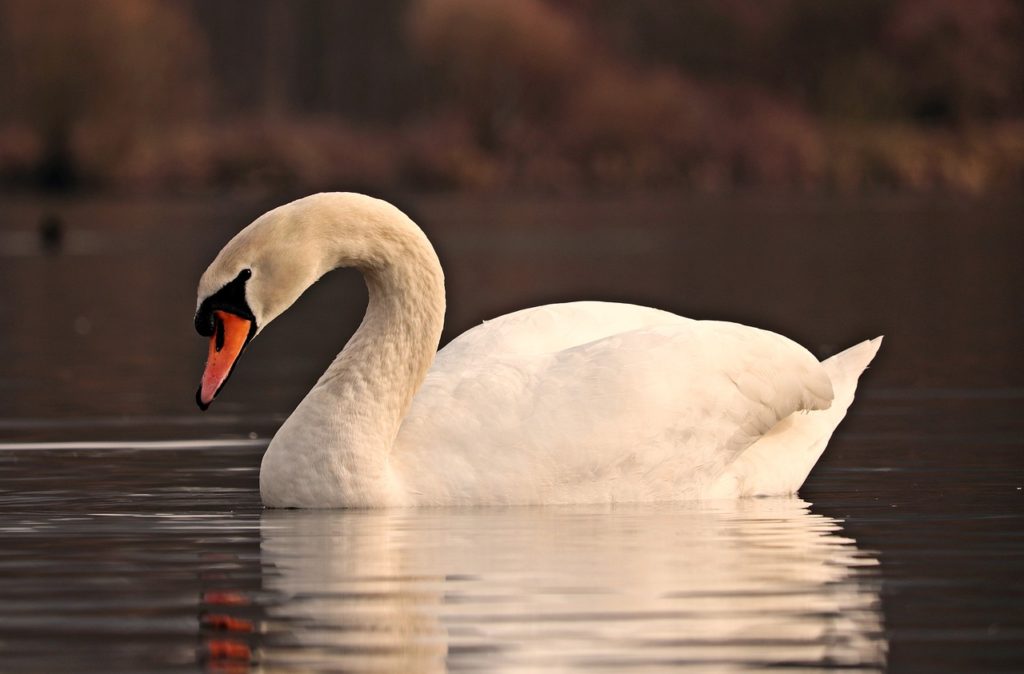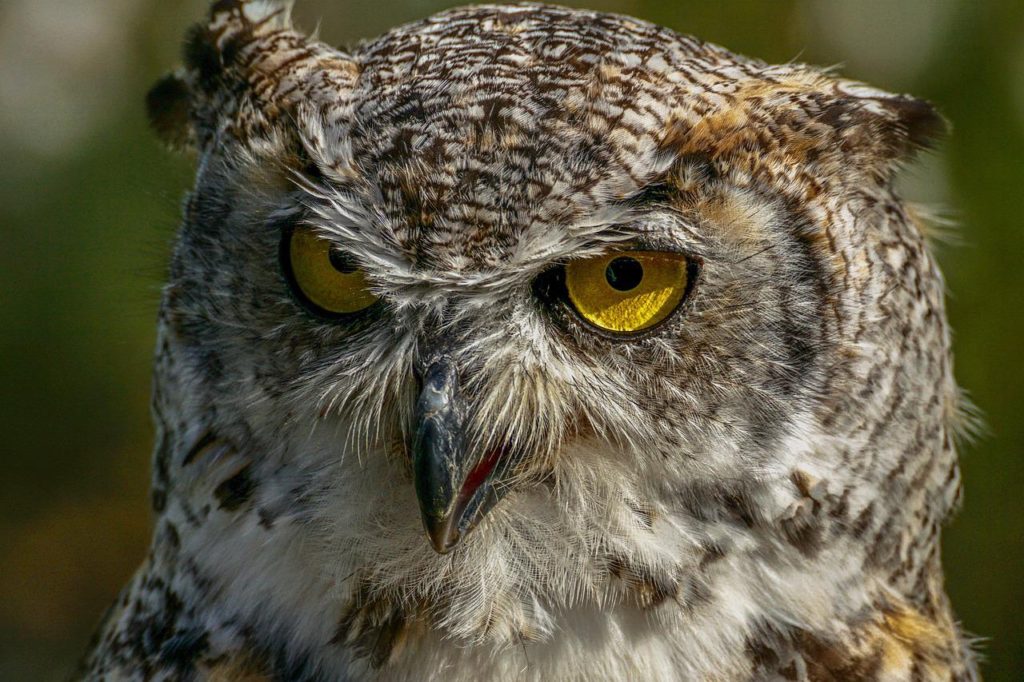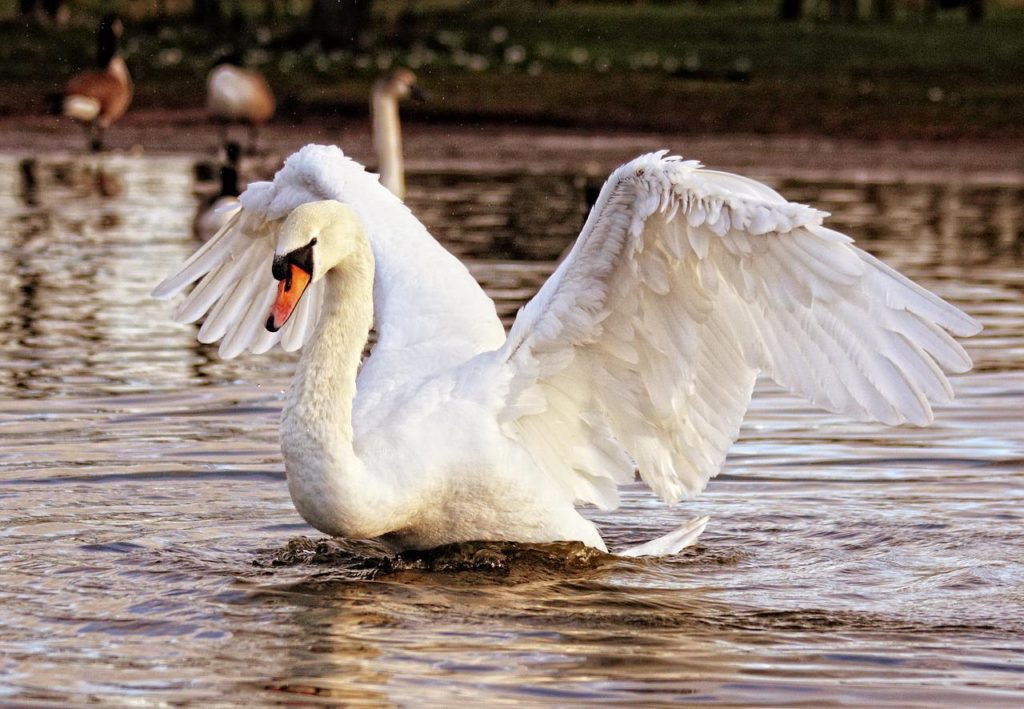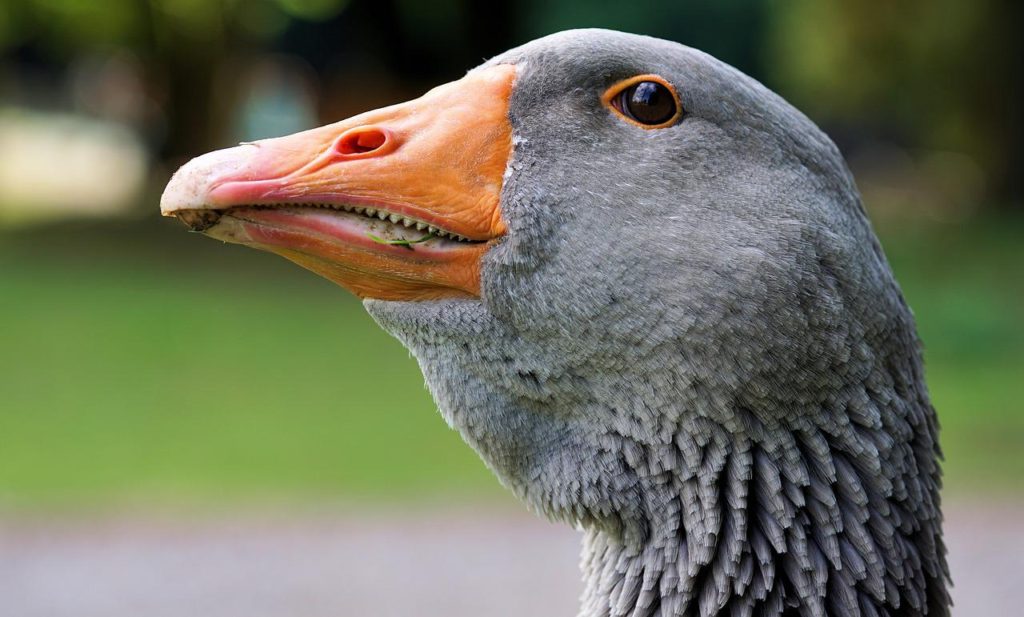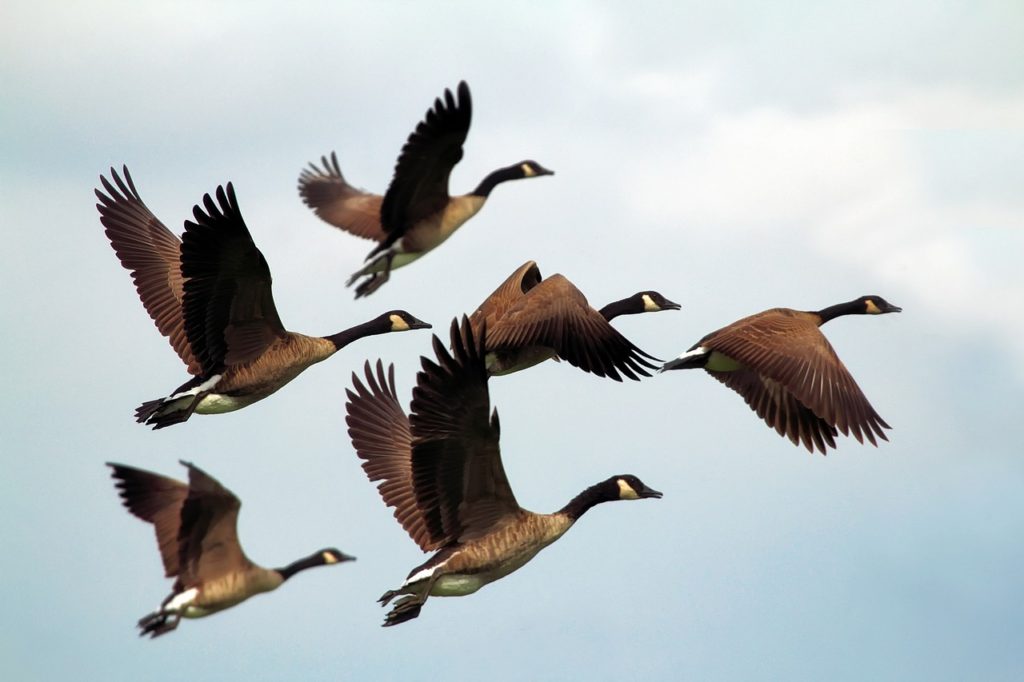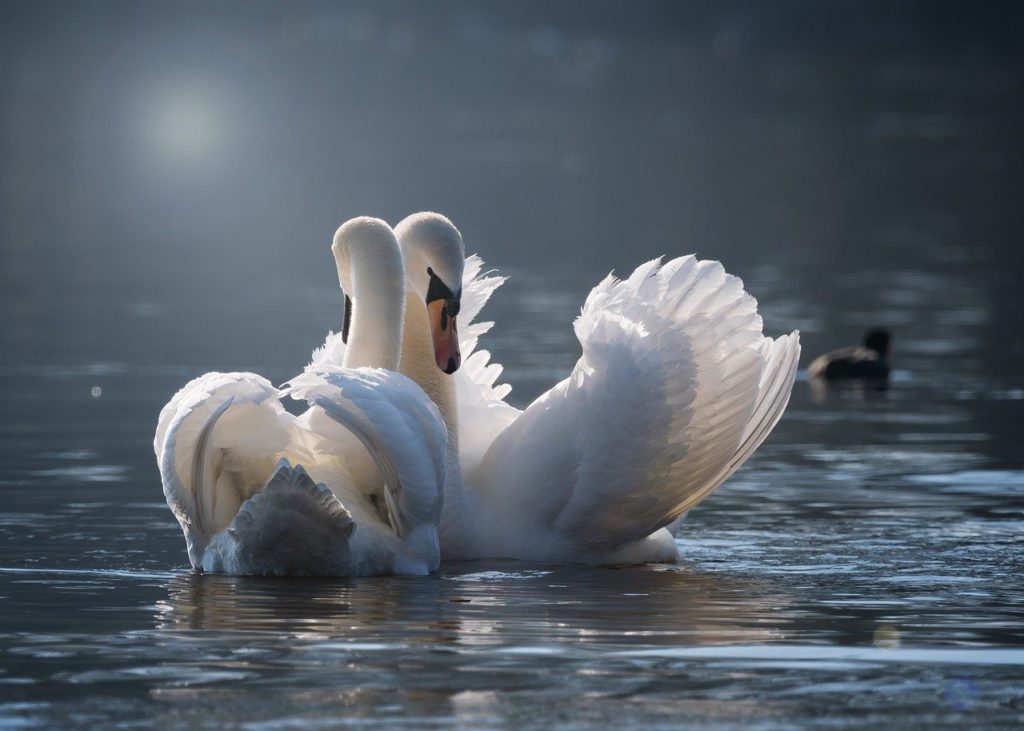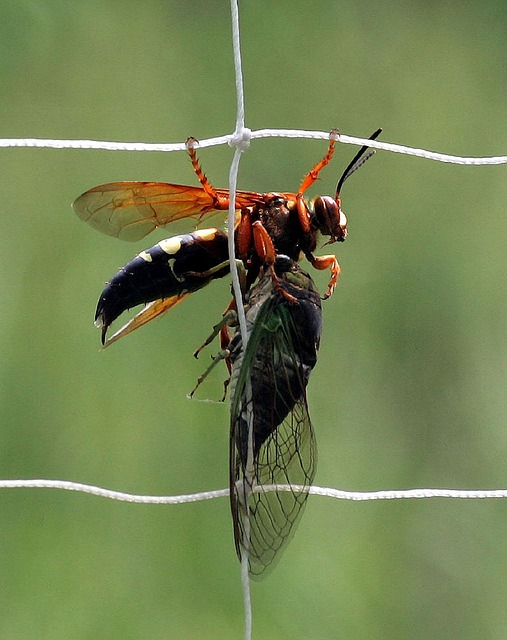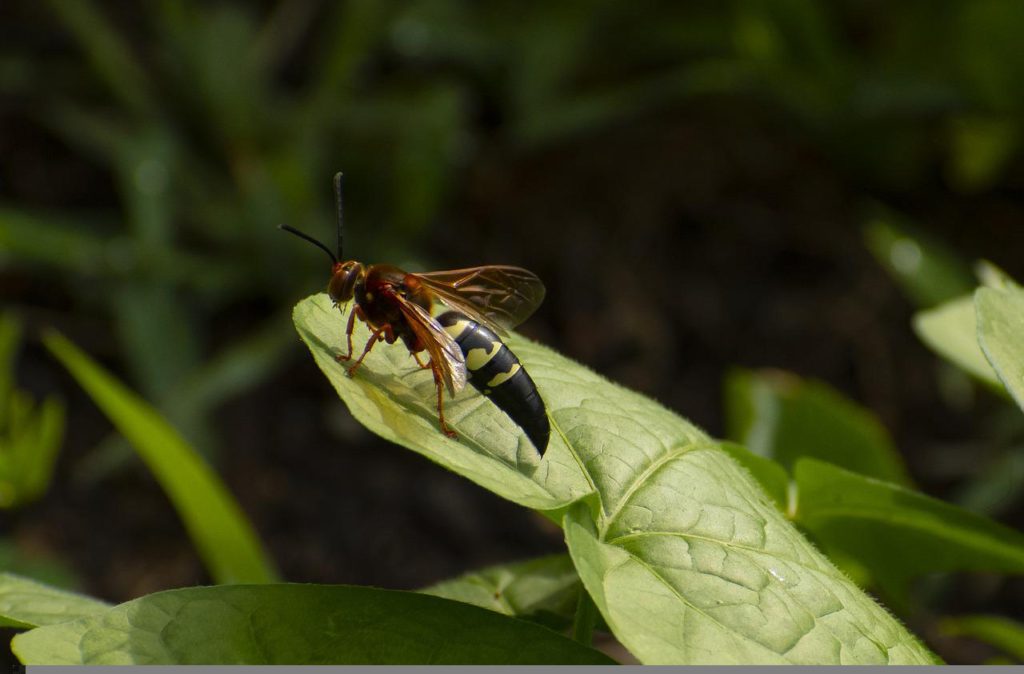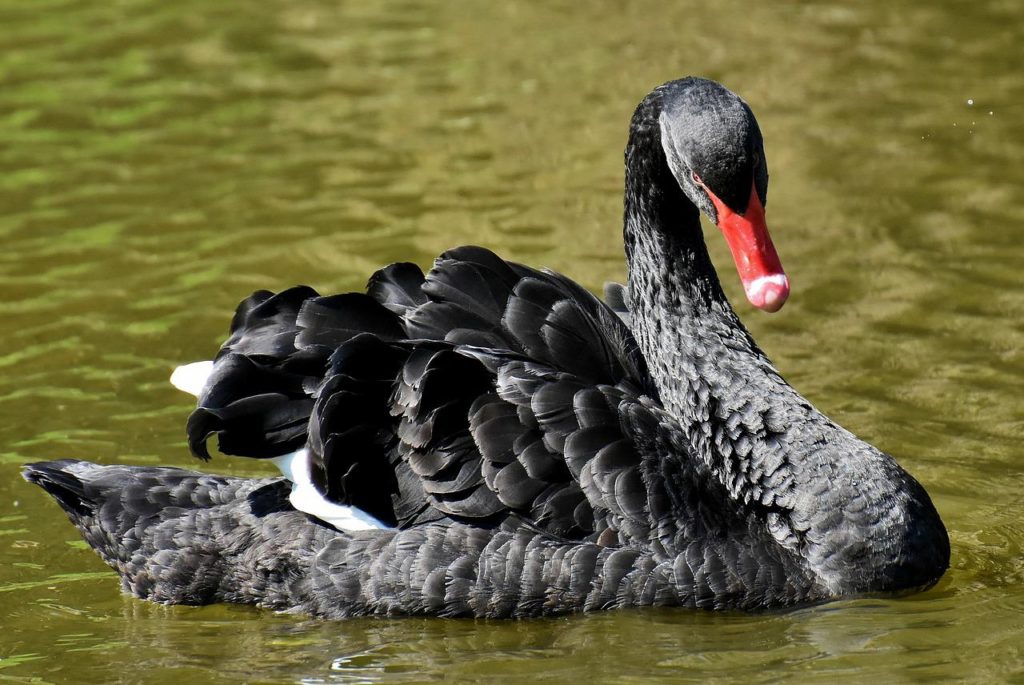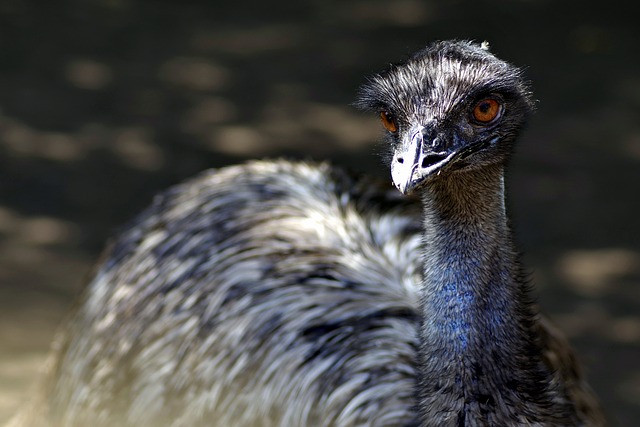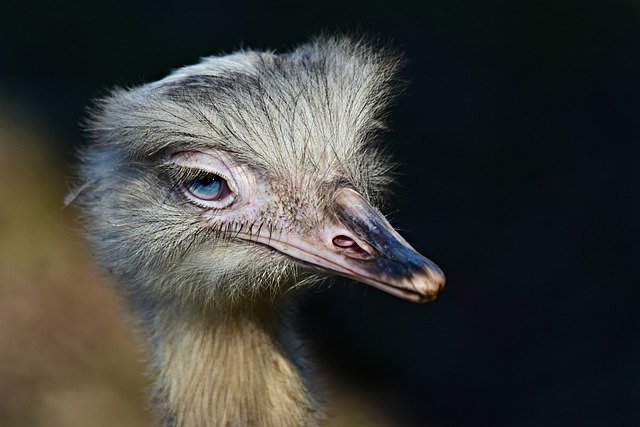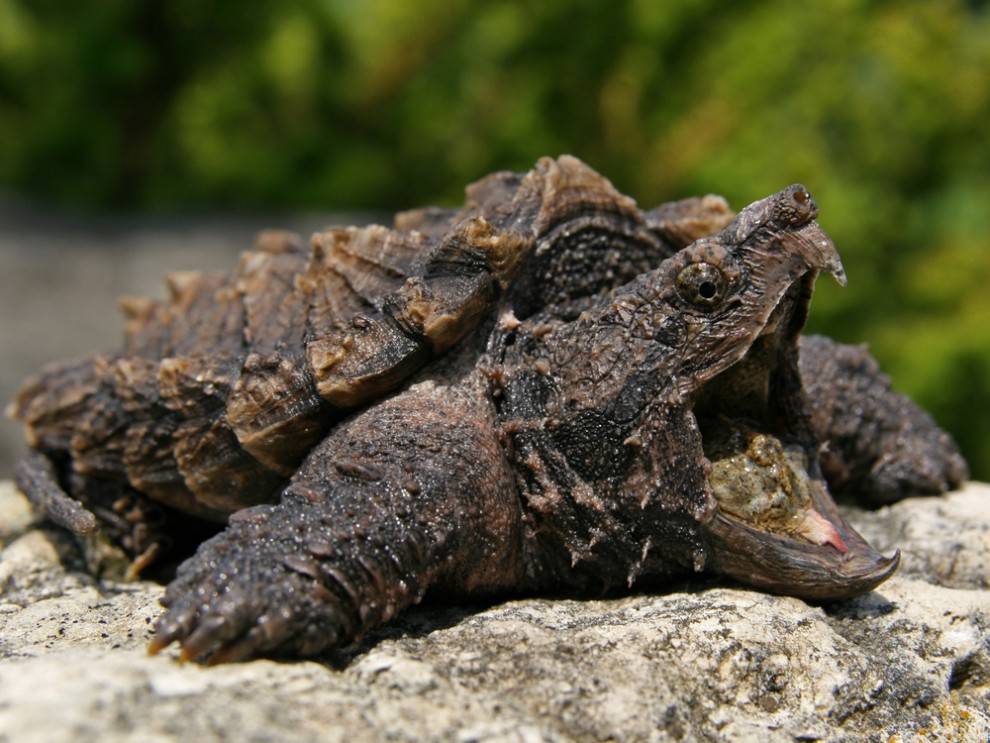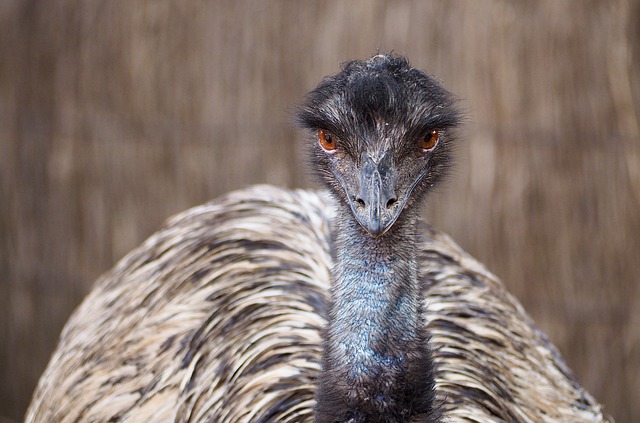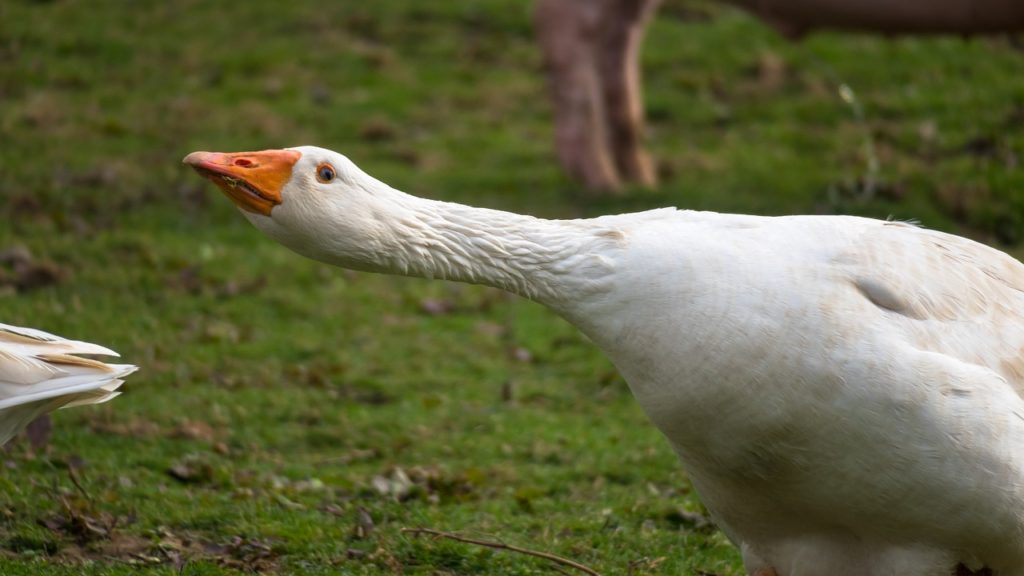
Geese, in brief, are waterbirds that are quite substantial in size. Since they’re often spotted on golf courses, at schools, and in community parks, people understandably tend to wonder whether they’re safety threats. Are geese dangerous?
Why Geese Attack
Understanding the cause of goose attacks may help people keep them at bay. If a goose attacks, it’s an instinctive behavior. They’re like so many other animals in that they have the innate desire to safeguard their offspring. Geese rarely cause extensive injuries to human beings.
Despite that, it can be prudent to try to steer clear of these creatures in times of breeding. Don’t assume you’re safe just because you don’t spot a nest. Geese quite understandably want to stop “invaders” from getting close to their eggs and nests.
How Geese Attack
A goose that’s on the verge of attacking might hiss or bob its head. The bird may peck and bite. The animal may even use his or her powerful wings to beat the human threat. If a goose is about to go into attack mode, he or she will start to be especially loud. Geese have broken human bones and brought on head trauma. They’ve even caused lacerations that have called for staples and stitches.
Are Geese Dangerous to Humans?
Yes, geese in the past have attacked golfers and people innocently going on walks. Although geese attacks on people are few and far between, they’re definitely not out of the question. Since geese are territorial, they can be dangerous to people at times.
How to Stop a Goose Attack
So, are geese dangerous? The birds are usually only dangerous when they’re worried about the well-being of their youngsters. If you have reason to think that a goose feels aggressively toward you, then you should react in a cautious manner. Gaze directly at the bird. While you do this, back off in a gradual and consistent manner. Steer clear of any overly rapid movements at this time.
Don’t ever stop looking at the animal as you move away. Refrain from behaving in a belligerent or antagonistic fashion. Try to adopt a calm demeanor. Don’t try to hurt the goose physically. Kicking and hitting are two examples of off-limits behaviors. If you behave violently, you’ll irritate the goose and make your situation even more difficult. The last thing you want to do is motivate an animal’s partner or “friends” to join in on things.
If the threatened goose moves toward you, lower your head without any delay. Don’t stop monitoring the bird using your eyes. Remember, too, that prevention is better than cure. If you have concerns about geese and aggressive behavior toward people, then you should try your best to never be near any of them.
Resist the temptation to feed geese. Kindly ask the other people in your community to resist the temptation, too. Feeding entices geese to specific spots. It also makes them a lot less afraid of human encounters.
Start Shopping for Birding Supplies!
What Do Crows Eat?
With roughly 40 different species, crows are a common sight in most places around the world. And while most of us are familiar with their appearance and harsh vocalizations, their diet is not as obvious. So what do crows eat? Here's what you'll want to know. What Do...
What Are Crows Good For?
Crows are widely considered to be pests. However, these large and highly intelligent black birds actually serve quite a few important functions in the environment. So what are crows good for? Here's what you'll want to know. Pest And Parasite Management Crows are...
How Long Do Swans Live?
Swans are graceful and beautiful creatures and as such, people have many questions about them. They want to know about their mating rituals, their diet, their preferred habitats, and even their lifespans. How long do swans live for anyway? Swan lifespans actually vary...
Are Crows Good Pets?
People all around the world see and hear crows on a daily basis. Although these intelligent and dark birds are practically ubiquitous, most people don't think of them as being household pets. Are crows good pets? The general consensus is that crows do not make...
Are There Crows In Australia?
Crows are remarkably smart birds that also happen to be extremely adaptable. They navigate unfamiliar circumstances via observation and interaction. Crows reside in locations all over the globe. While they do not live in certain parts of South America, they do reside...
What Do Swans Eat?
Swans are famously long-necked birds that are symbols of romance, love, beauty, and purity. Since these waterbirds have so many admirers, people often wonder about their eating habits, behaviors, and more. What do swans eat, anyway? Swan Basics Swans typically live in...
Birds That Look Like Owls
Owls are typically solitary and mainly nocturnal birds. And although these well-known hooting creatures have a rather distinctive physical appearance, there are actually various other kinds of birds that resemble owls closely. And people sometimes mix them up. So...
Why Are Swans Protected?
Swans are graceful and gorgeous creatures. They also happen to have protection in the United Kingdom, interestingly enough. Why are swans protected there, anyway? And does the Queen own all the swans? Yes, she actually owns any mute swans that are unclaimed in both...
Birds With Teeth
Birds do not have teeth. However, there are quite a few that really look like they do! These birds have evolved special beaks which help them to perform important functions. So here are some of the most amazing birds with “teeth,” and what you’ll want to know about...
Do Geese Fly?
Although geese are clearly birds, there are many individuals who do not necessarily associate them with flying. So, do geese fly? The honest answer is that these waterfowl do. They do not exactly slouch in the flying department, either. Many people are pleasantly...
Do Swans Mate For Life?
Swans are famously elegant waterbirds that are known for their sizable bodies, webbed feet, and lengthy necks. People often associate them with romantic imagery and monogamy. Do swans mate for life? You can find the response to that common and rather fascinating...
When Do Cicada Killers Come Out?
Whether you dread them each year or are waiting for them to emerge and control the cicada population you may be wondering, “When do cicada killers come out? The answer is they come out each summer in late June or July. Here’s what you’ll want to know. Cicada Killer...
Are Cicada Killers Dangerous?
One look at one of these huge wasps buzzing around, your yard, and it’s only natural to ask, “Are cicada killers dangerous?” Fortunately, these wasps are mild-mannered. But here’s what you’ll want to know. Cicada Killer Wasps Basics Cicada killers emerge from the...
What Are Black Swans?
What are black swans? Black swans (Cygnus atratus) are sizable waterbirds. This species primarily appears in Australia's southwestern and southeastern portions. The black swan is nomadic in its homeland. This bird, true to its name, is mostly black. Although the bird...
What Do Cicada Killers Eat When There Are No Cicadas?
What do cicada killers eat when there are no cicadas? Well, while cicada killer wasps do hunt cicadas, the adults don’t actually eat them or kill them, their young do. Read on to learn more! The Cicada Killer Diet While you may have seen cicada killer wasps flying...
Do Cicada Killer Wasps Sting?
As one of the biggest species of wasp in North America the cicada killer wasp can be intimidating. And because of their size, appearance, and scary-sounding name, many people wonder, “Do cicada killer wasps sting? The answer is yes and no, and here’s what you’ll want...
Emu Facts
Did you know? One emu egg can make an omelet that can feed up to six adults. Did you know that the emu is the only bird with calf muscles? Can an emu walk backward? Let us find out by exploring some of the most jaw-dropping emu facts. Emus Have Amazingly Powerful Legs...
Rhea Facts
Doting dads, did you know the male rhea builds the nest, incubates the eggs, and takes care of the young? The rheas are paragons of parental care. It’s a bird like no other, and you will be surprised by the following rhea facts. Rheas Are One Of The Best Dads In The...
Alligator Snapping Turtle Facts
Flightless Australian Birds
There are over sixty species of flightless birds in the world. These birds have lost their capability to fly through evolution, and several of them live in the “land Down Under.” So here’s a list of all the flightless Australian birds. Emu The emu is a large...
